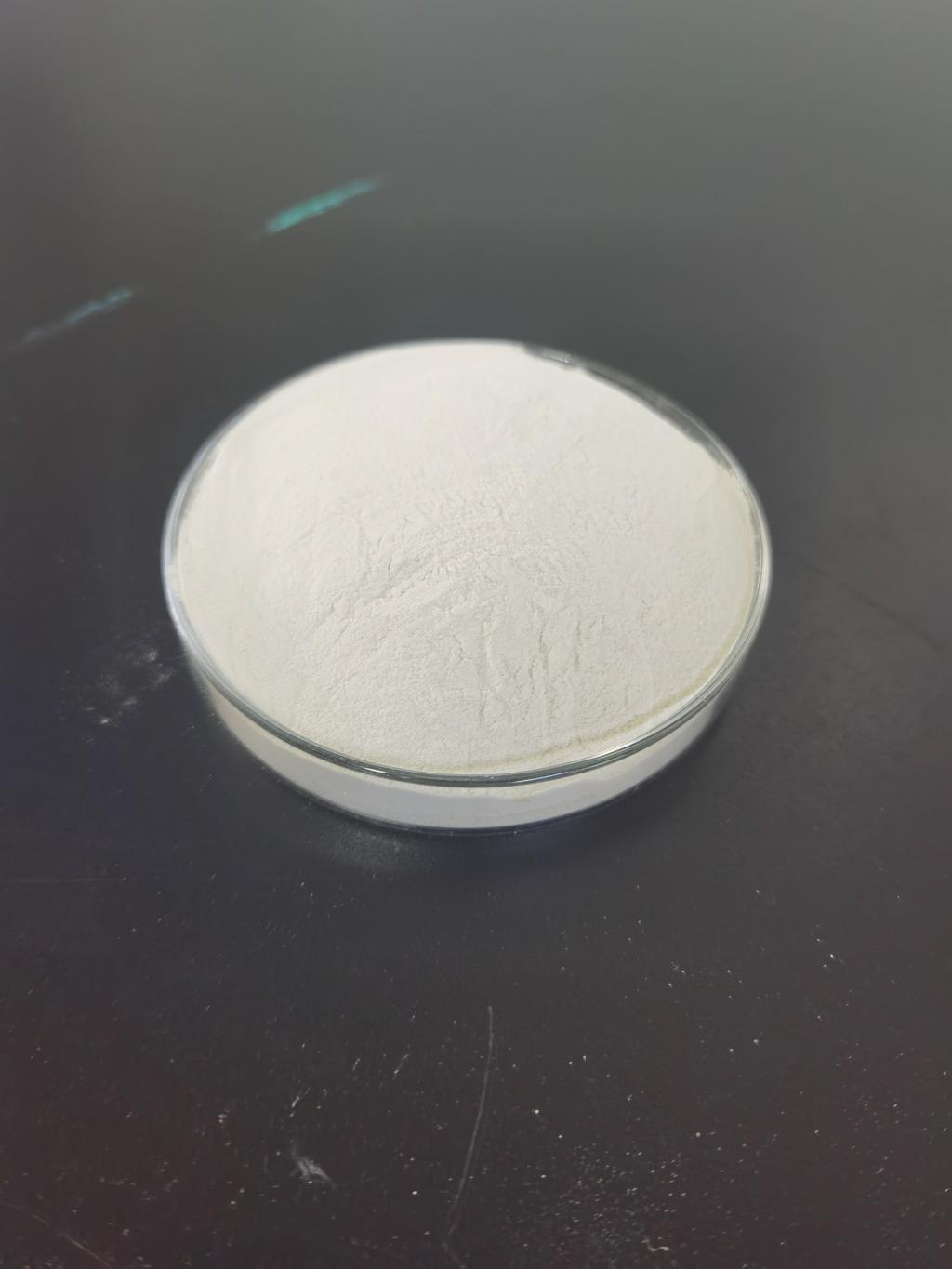Tel:+8618231198596

News
 CONTACT
CONTACT
 CONTACT
CONTACT
- Linkman:Linda Yao
- Tel: +8618231198596
- Email:linda.yao@dcpharma.cn
- Linkman:CHARLES.WANG
- Department:Overseas
- Tel: 0086 0311-85537378 0086 0311-85539701
News
Current Position:
Home >
News
>What is the effect of Nisin on the nutritional quality of food products?
What is the effect of Nisin on the nutritional quality of food products?
TIME:2023-05-10
Overview of Nisin
Nisin is a peptide produced by certain strains of the bacterium Lactococcus lactis. It belongs to a class of antimicrobial peptides called lantibiotics, which are characterized by the presence of post-translational modifications, including lanthionine and methyllanthionine. Nisin has been approved as a food additive in many countries, including the United States and the European Union, due to its safe and effective antimicrobial properties.
Preservation Benefits of Nisin
Nisin has been widely used as a natural preservative in various food products, including dairy, meat, poultry, and canned foods. Its antimicrobial activity helps inhibit the growth of spoilage microorganisms and foodborne pathogens, extending the shelf life of these products. By reducing microbial contamination, nisin contributes to the maintenance of food safety and reduces the risk of foodborne illnesses.
Impact on Nutritional Quality
While nisin provides significant benefits in terms of food safety and preservation, questions have been raised regarding its impact on the nutritional quality of food products. Several studies have investigated the effect of nisin on the nutritional composition, sensory attributes, and functional properties of various food items.
Protein and Amino Acids: Some research suggests that nisin may have a minor impact on the protein content and amino acid composition of food products. However, the overall effect is generally considered to be insignificant, as the changes observed are minimal and unlikely to have a significant impact on the nutritional value of the food.
Vitamins and Minerals: Studies investigating the effect of nisin on the vitamin and mineral content of food products have shown mixed results. While some studies have reported a slight decrease in certain vitamins and minerals, such as vitamin C and iron, others have found no significant changes. It is important to note that the extent of these changes is generally minimal and may vary depending on factors such as the concentration of nisin, processing conditions, and the specific food matrix.
Sensory Attributes: Nisin has been reported to have a minor impact on the sensory attributes of food products. In some cases, the addition of nisin may lead to slight changes in taste, odor, or texture. However, these changes are often subtle and may not be easily detected by consumers. Sensory evaluation studies have shown that the overall acceptability of nisin-treated food products remains high.
Functional Properties: Nisin may affect the functional properties of certain food products, particularly those that rely on the activity of specific microorganisms. For example, in fermented dairy products, nisin may inhibit the growth of lactic acid bacteria, which can affect the fermentation process. However, these effects can be controlled by adjusting the nisin concentration or fermentation conditions, ensuring that the desired functional properties are maintained.
Safety Considerations
Nisin has been extensively studied for its safety and has been deemed safe for consumption at the approved levels. The Joint Food and Agriculture Organization/World Health Organization Expert Committee on Food Additives (JECFA) has established an acceptable daily intake (ADI) for nisin, which represents the amount that can be consumed daily without any appreciable health risk. The ADI for nisin is currently set at 0-0.33 mg/kg of body weight.
Regulatory bodies, such as the U.S. Food and Drug Administration (FDA) and the European Food Safety Authority (EFSA), have conducted thorough evaluations of nisin's safety and have concluded that it poses no significant health concerns when used as a food additive within the approved limits. The extensive research and regulatory oversight provide reassurance that nisin can be safely consumed as part of a balanced diet.
Conclusion
Nisin, as a natural antimicrobial peptide, offers significant benefits in terms of food preservation and safety. Its ability to inhibit the growth of spoilage microorganisms and foodborne pathogens is well-documented. While there have been concerns regarding its impact on the nutritional quality of food products, scientific evidence suggests that the effects of nisin on the nutritional composition, sensory attributes, and functional properties of foods are generally minimal and unlikely to have a significant impact on overall nutritional value.
Consumers can continue to enjoy food products containing nisin with confidence, knowing that it has undergone rigorous safety evaluations and is approved for use by regulatory authorities. The use of nisin as a food additive plays a crucial role in extending the shelf life of various food items, reducing food waste, and ensuring the safety of the food supply.
However, it is important for the food industry to adhere to the approved levels and guidelines for the use of nisin in food products. Proper dosage, processing conditions, and quality control measures should be implemented to maintain the desired functional properties and sensory attributes of the products while minimizing any potential negative effects.
In conclusion, nisin remains a valuable tool for the food industry in preserving the safety and quality of food products. Ongoing research and monitoring will further enhance our understanding of nisin's effects and contribute to the continuous improvement of food preservation practices.
- Tel:+8618231198596
- Whatsapp:18231198596
- Chat With Skype







